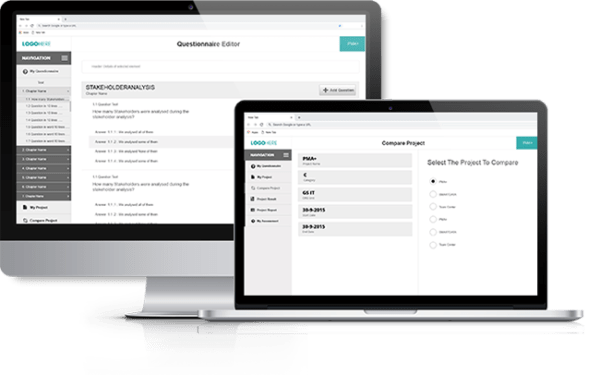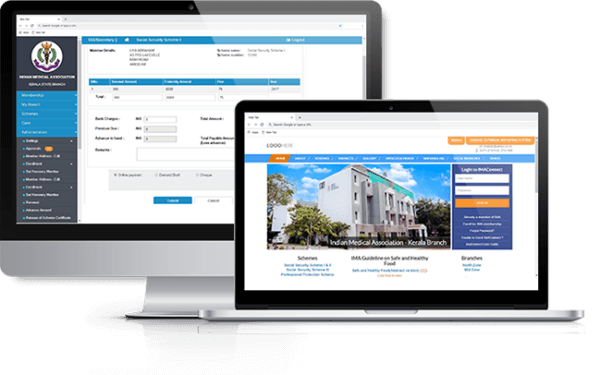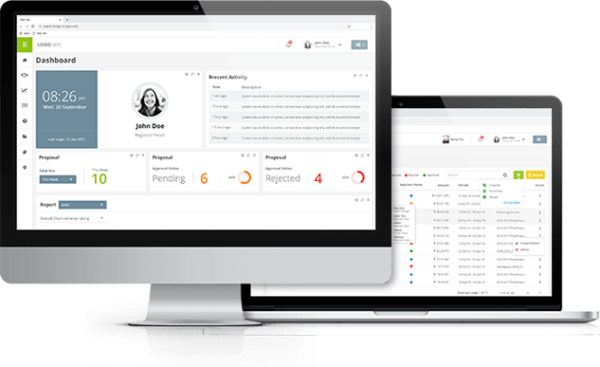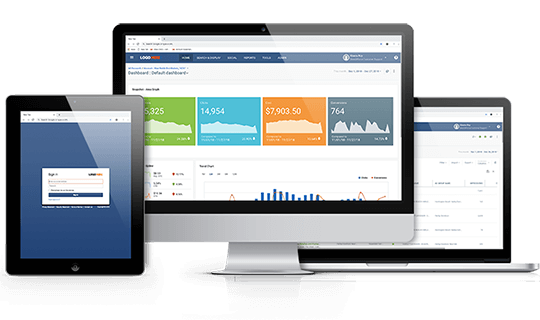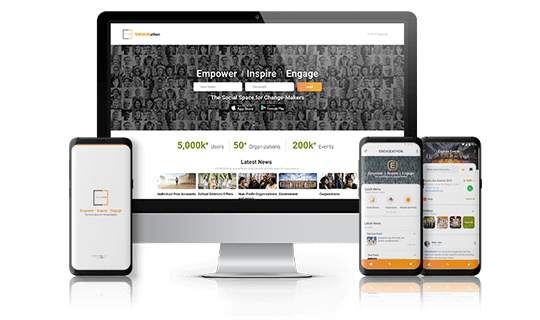In this digital era, we are all familiar with Robotic Process Automation, simply called RPA, the software technology that makes it easy for anyone to automate digital tasks.
RPA Robots automate rules-based business tasks, with a low code and easy to implement approach. There is a limit to the ability of RPA alone to automate more complex tasks. Many challenges are faced to use RPA to automate more cognitive processes. RPA Robots are good at following rules but not taking decisions. Let’s take a look at a few tasks like Invoice Extraction, Property Valuations, Resume Matching, etc. They all have something in common. All these are done on a regular basis and are highly uncertain, variable and the data we have is unstructured. Hence, they need some kind of intelligence to automate these tasks.
This is where AI Fabric comes in…
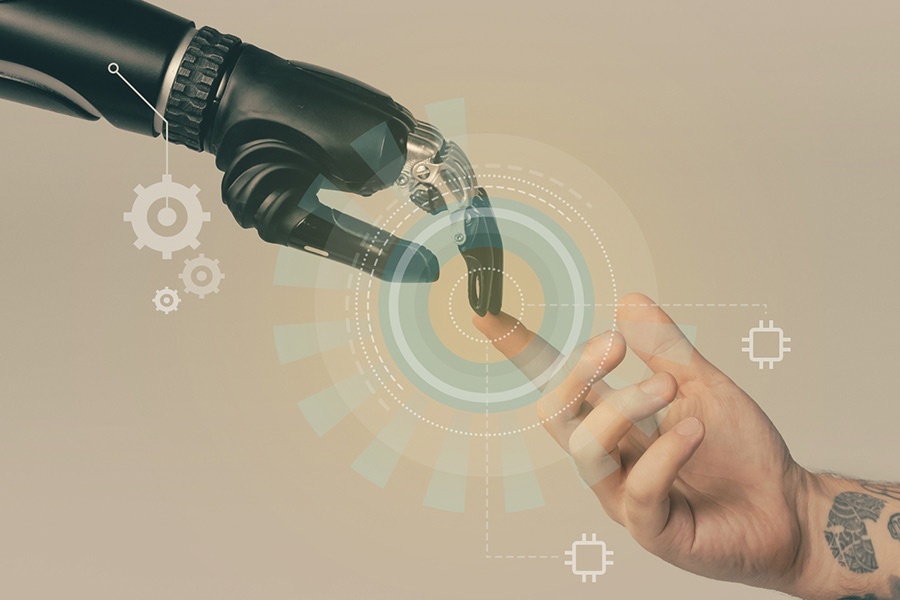
RPA Robots in combination with Artificial Intelligence is AI Fabric. AI Fabric is a machine learning platform, which is only available in Automation Cloud organizations (licensed as a separate service), that permits you to convey, oversee, and persistently improve Machine Learning models and burn-through them inside RPA work processes in Studio.
AI Fabric is used with document understanding feature to build AI models in order to process the various tasks mentioned earlier like Invoice Data Extraction.
Wondering what Document Understanding is?
UiPath Document Understanding trains robots to process documents using AI, and allows you to easily build and deploy intelligent document-processing robots.
Document Understanding model in AI Fabric involves these steps:
- Collect document samples and the requirements of the data points that need to be extracted.
- Label documents using Data Manager. Note Data Manager itself will connect to an OCR Engine.
- Export labelled documents as a Training data set and upload that exported folder to AI Fabric Storage.
- Export labelled documents as a Testing data set and upload that exported folder to AI Fabric Storage.
- Run a Training Pipeline on AI Fabric.
- Evaluate the model performance with an Evaluation Pipeline on AI Fabric.
- Deploy the trained model as an ML Skill in AI Fabric.
- Query the ML Skill from an RPA Workflow using the Document Understanding activity pack.
AI Fabric is the foundation on top of which UiPath Document Understanding machine learning models run. These models can be deployed or instantiated for retraining with a few clicks. There are Out of the box Machine Learning Models to classify and extract any commonly occurring data points from Semi-structured or Unstructured documents, including regular fields, table columns and classification fields in a template-less approach.
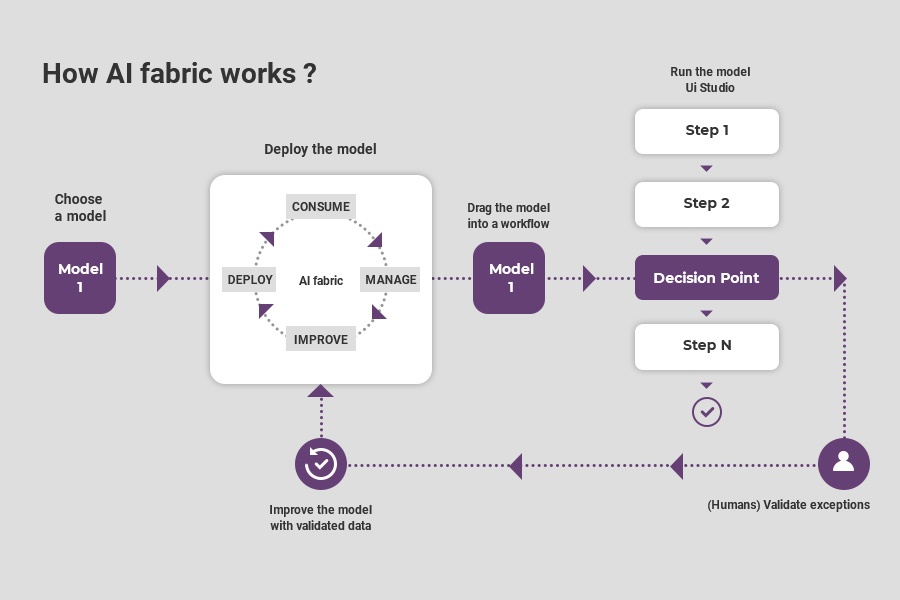
Traditional Implementation Models vs AI Fabric
Conventional usage of ML models is hard to incorporate and have a ton of management issues like optimization, security checks, and installing various dependencies. While AI Fabric conveys end-to-end perceivability of model versioning and updates. RPA teams not only will be notified about model updates, but data science teams will have visibility regarding how the models are being used in production. Moreover, it can analyze model performance and impact with advanced model management and monitoring. From a tooling viewpoint AI Fabric makes the sourcing of ML/NLP models to be a consistent involvement in undertaking the executive abilities that make it simple to deal with the selected model and make it accessible for the robots to burn-through. An ML Package contains the entire code of the Machine Learning model.
Apply AI to your RPA workflows in minutes
Artificial intelligence and RPA are meeting up to quicken your “Automation First” journey. AI Fabric empowers enterprises to apply the boundless intellectual intensity of AI to any automation. AI Fabric has been improved to incorporate Model Retraining that permits special cases and rectifications to improve the models over the long haul. This implies the more you use AI Fabric, the better it can work for you and your robots will gain from their errors and become better at their specific employment in the long run.









